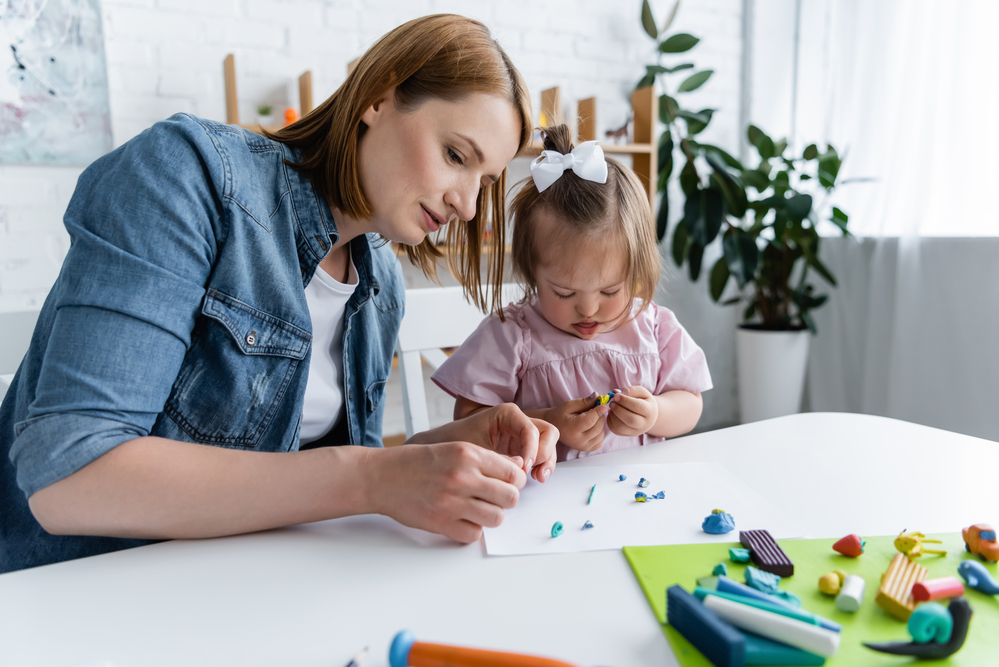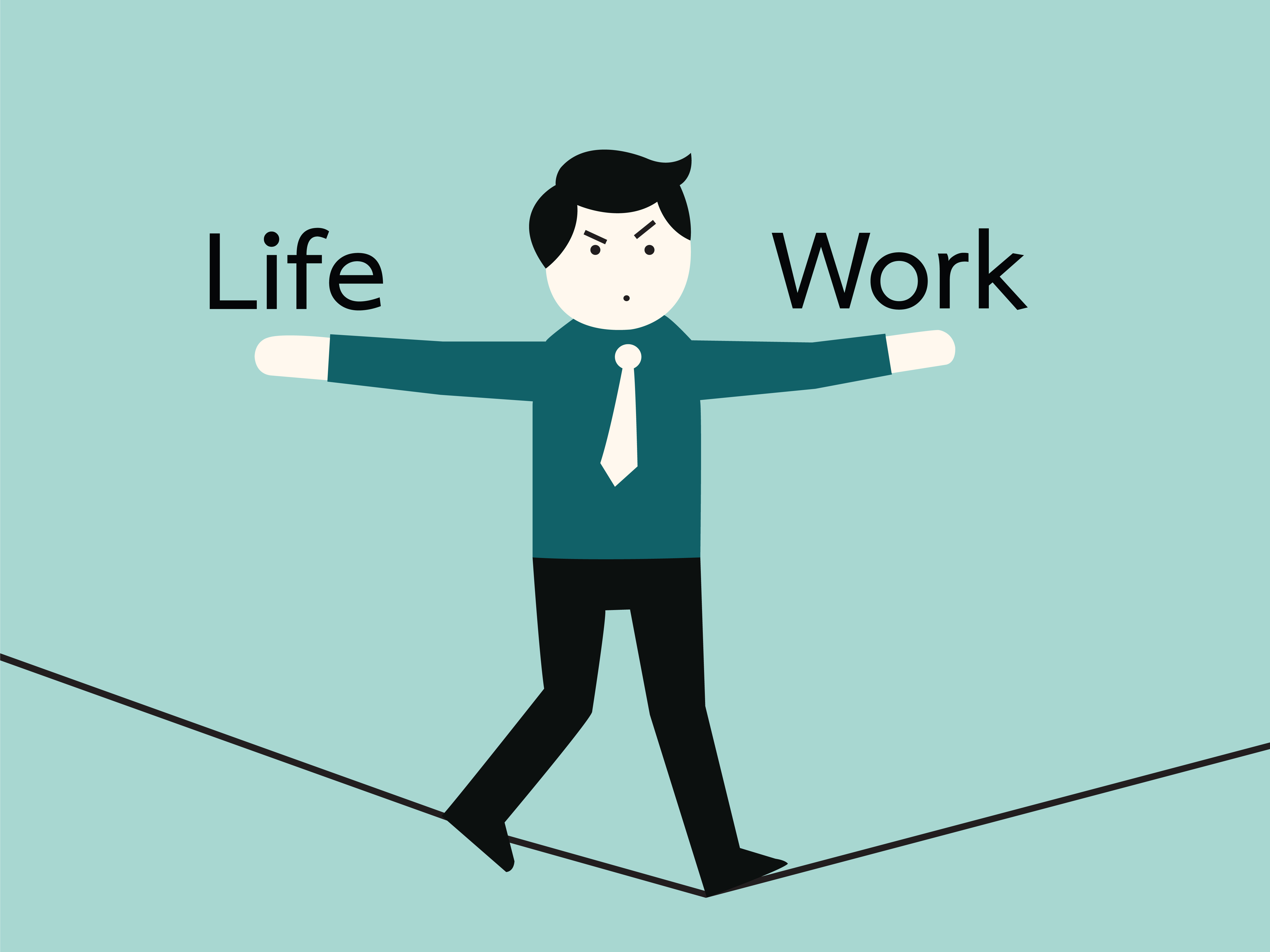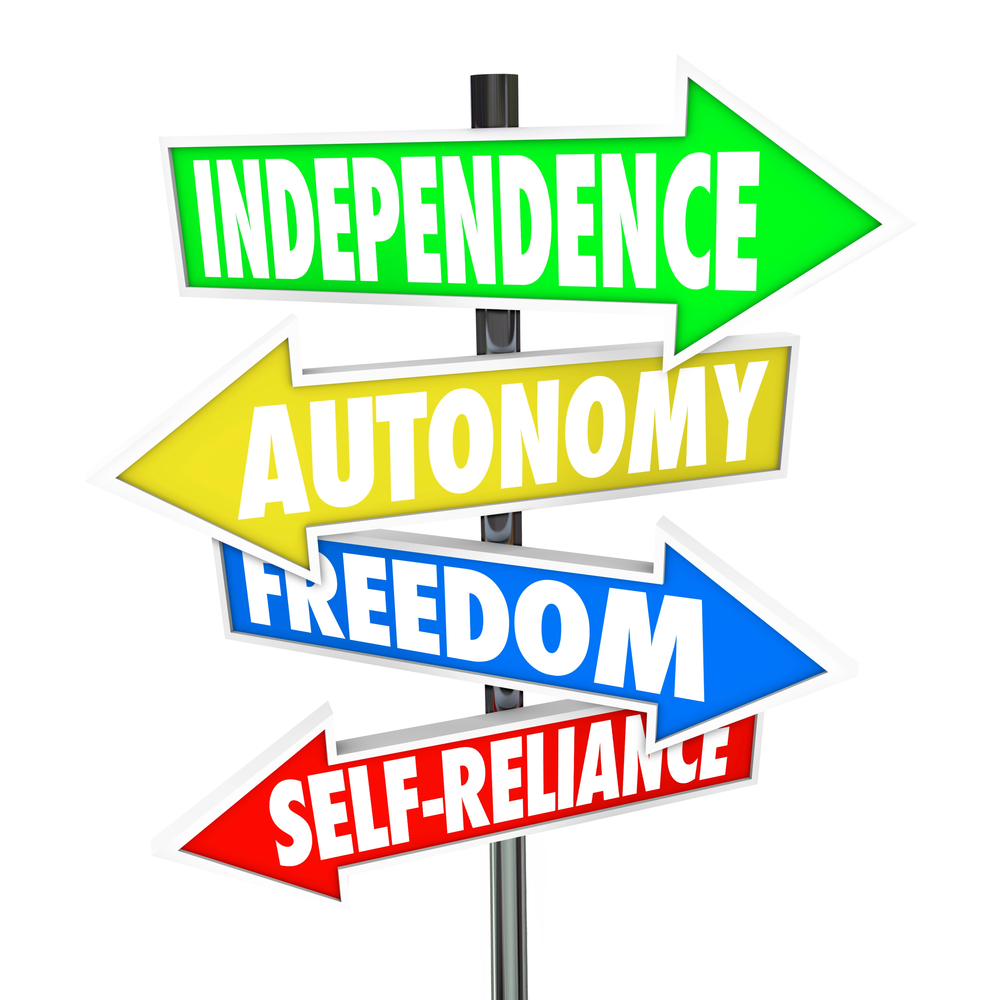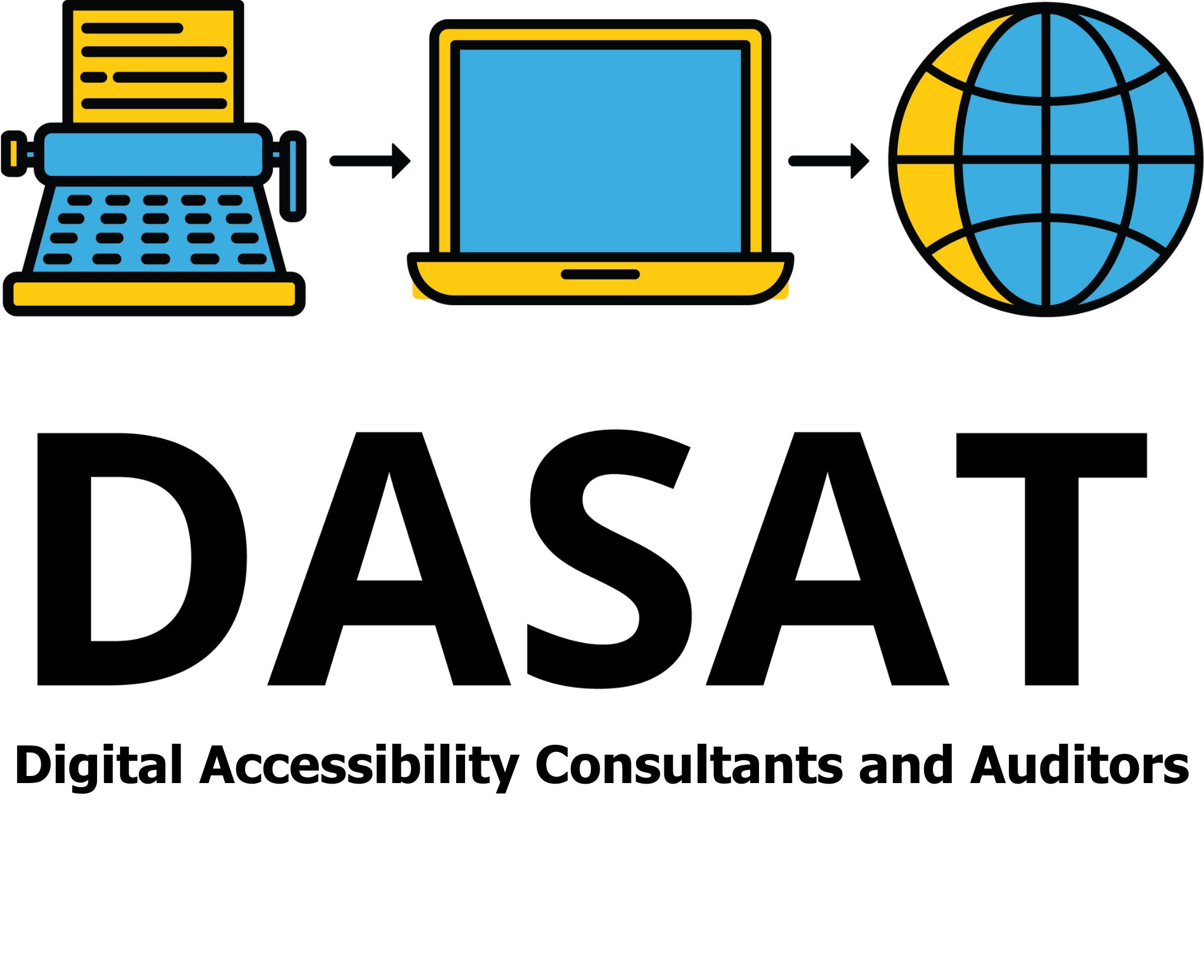
A special education teacher works with students who have a wide range of learning, mental, emotional, and physical disabilities. They adapt general education lessons and teach various subjects, such as reading, writing, and math, to students with mild and moderate disabilities. They also teach basic skills, such as literacy and communication techniques, to students with severe disabilities.
 Skills
Skills
Teachers of students with disability have special qualities and skills that help to make them a great teacher. They are patient as students with disabilities may require more time and different methods to learn and succeed. They are adaptable as they need to be flexible and adaptable, able to modify teaching strategies and lesson plans to meet the unique needs of each student. Strong communication skills provide effective communication with students, parents, other teachers, and school staff is essential. They must clearly convey expectations and progress and collaborate effectively with all stakeholders.
 Attributes
Attributes
These teachers are very empathetic. Understanding and compassion for the challenges that students with disabilities face is of the utmost importance for building trust and fostering a supportive learning environment. These teachers are creative and innovative problem solvers in developing engaging and effective teaching methods and materials that cater to the many different learning styles and needs. They are highly organised and collaborative as they are working with many different teachers and specialists to ensure that the student can make the most progress. The other essential attribute is a genuine passion for teaching and a commitment to making a positive difference in the lives of students with disabilities.

Learning Support
So, what is the difference between a special education teacher and a learning support teacher?
A learning support teacher works with students who have learning difficulties, which might not necessarily be classified as disabilities. This includes students who need extra help with literacy, numeracy, or other academic skills. The implement targeted intervention programs to help students achieve academic success. They provide additional support within the general education classroom or in small groups, focusing on reinforcing and enhancing the general curriculum. They may not always develop Individual Education Plans. Instead, they may focus on short-term or long-term support plans based on students’ learning needs. A learning support teacher works with general education teachers to identify students who need extra support and to develop strategies for helping these students succeed academically.

Responsibilities
Special education teachers work with students who have a wide range of disabilities, including learning, mental, emotional, and physical disabilities. They develop and implements IEPs tailored to the individual needs of students with disabilities. A special education teacher provides specialised instruction and support based on each student’s specific disability. They adapt the curriculum and teaching methods accordingly and work in many different settings from general education classrooms to classrooms developed for the child with disability only.

Qualifications
The qualifications for a Special education teacher is Bachelor of Special Education. It will take 4 years to complete full-time, and you’ll need to have completed year 12 and received a satisfactory ATAR, or you’ll need to apply for special entry. You person must also have a Working with Children check and a police check.

Conclusion
A special education teacher, like all teachers, is a special person in our community. They appreciate that everyone is different and work to build a more inclusive society.
